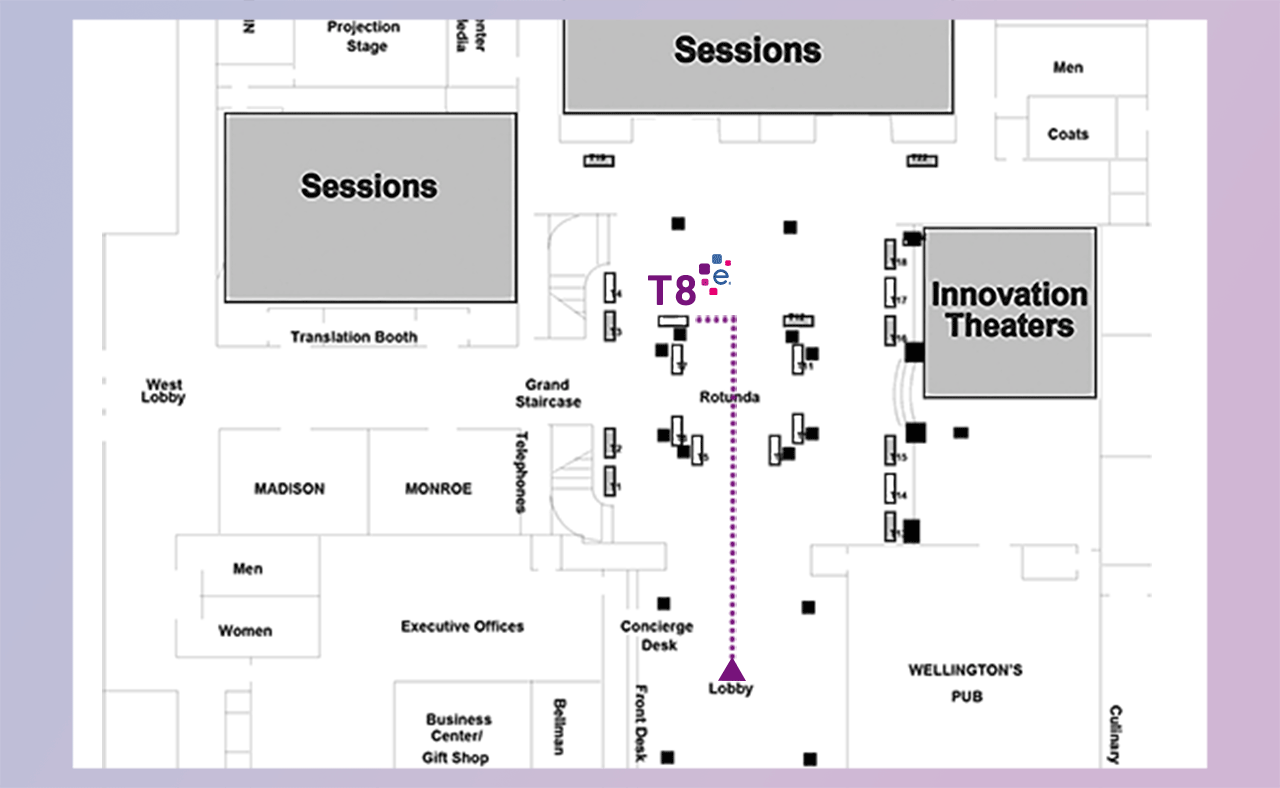For lenders, the job has never been more complex. You’re expected to protect portfolio performance, meet regulatory expectations, and support growth, all while fraud tactics evolve faster than many traditional risk frameworks were designed to handle.
One of the biggest challenges of the job? The line between credit loss and fraud loss is increasingly blurred, and misclassified losses can quietly distort portfolio performance. First-party fraud can look like standard credit risk on the surface and synthetic identity fraud can be difficult to identify, allowing both to quietly slip through decisioning models and distort portfolio performance.
That’s where fraud risk scores come into play. Used correctly, they don’t replace credit models; they strengthen them. And for credit risk teams under pressure to approve more genuine customers without absorbing unnecessary losses, understanding how fraud risk scores fit into modern decisioning has become essential.
What is a fraud risk score (and what isn’t it)
At its core, a fraud risk score is designed to assess the likelihood that an applicant or account is associated with fraudulent behavior, not simply whether they can repay credit.
That distinction matters.
Traditional credit scores evaluate ability to repay based on historical financial behavior. Fraud risk scores focus on intent and risk signals, patterns that suggest an individual may never intend to repay, may be manipulating identity data, or may be building toward coordinated abuse.
Fraud risk scores are not:
A replacement for credit scoring
A blunt tool designed to decline more applicants
A one-time checkpoint limited to account opening
Instead, they provide an additional lens that helps credit risk teams separate true credit risk from fraud that merely looks like credit loss.
How fraud scores augment decisioning
Credit models were never built to detect fraud masquerading as legitimate borrowing behavior.
Consider common fraud scenarios facing lenders today:
First-payment default, where an applicant appears creditworthy but never intends to make an initial payment
Bust-out fraud, where an individual builds a strong credit profile over time, then rapidly maxes out available credit before disappearing
Synthetic identity fraud, where criminals blend real and fabricated data to create identities that mature slowly and evade traditional checks
In all three cases, the applicant may meet credit criteria at the point of decision. Losses can get classified as charge-offs rather than fraud, masking the real source of portfolio degradation.
When credit risk teams rely solely on traditional models, the result is often an overly conservative response: tighter credit standards, fewer approvals, and missed growth opportunities.
How fraud risk scores complement traditional credit decisioning
Fraud risk scores work best when they augment credit decisioning.
For credit risk officers, the value lies in precision. Fraud risk scores help identify applicants or accounts where behavior, velocity or identity signals indicate elevated fraud risk — even when credit attributes appear acceptable.
When integrated into decisioning strategies, fraud risk scores can:
Improve confidence in approvals by isolating high-risk intent early
Enable adverse-actionable decisions for first-party fraud, supporting compliance requirements
Reduce misclassified credit losses by clearly identifying fraud-driven outcomes
Support differentiated treatment strategies rather than blanket declines
The goal isn’t to approve fewer customers. It’s to approve the right customers and to decline or treat risk where intent doesn’t align with genuine borrowing behavior.
Fraud risk across the credit lifecycle
One of the most important shifts for credit risk teams is recognizing that fraud risk is not static.
Fraud risk scores can deliver value at multiple stages of the credit lifecycle:
Marketing and prescreen: Fraud risk insights help suppress high-risk identities before offers are extended, ensuring marketing dollars are maximized by targeting low risk consumers.
Account opening and originations: Real-time fraud risk scoring supports early detection of first-party fraud, synthetic identities, and identity misuse — before losses are booked.
Prequalification and instant decisioning: Fraud risk scores can be used to exclude high-risk applicants from offers while maintaining speed and customer experience.
Account management and portfolio review: Fraud risk doesn’t end after onboarding. Scores applied in batch or review processes help identify accounts trending toward bust-out behavior or coordinated abuse, informing credit line management and treatment strategies.
This lifecycle approach reflects a broader shift: fraud prevention is no longer confined to front-end controls — it’s a continuous risk discipline.
What credit risk officers should look for in a fraud risk score
Not all fraud risk scores are created equal. When evaluating or deploying them, credit risk officers should prioritize:
Lifecycle availability, so fraud risk can be assessed beyond originations
Clear distinction between intent and ability to repay, especially for first-party fraud
Adverse-action readiness, including explainability and reason codes
Regulatory alignment, supporting fair lending and compliance requirements
Seamless integration alongside existing credit and decisioning frameworks
Increasingly, credit risk teams also value platforms that reduce operational complexity by enabling fraud and credit risk assessment through unified workflows rather than fragmented point solutions.
A more strategic approach to fraud and credit risk
The most effective credit risk strategies today are not more conservative, they’re more precise.
Fraud risk scores give credit risk officers the ability to stop fraud earlier, classify losses accurately and protect portfolio performance without tightening credit across the board. When fraud and credit insights work together, teams can gain a clearer view of risk, stronger decision confidence and more flexibility to support growth.
As fraud tactics continue to evolve, the organizations that succeed will be those that can effectively separate fraud from credit loss. Fraud risk scores are no longer a nice-to-have. They’re a foundational tool for modern credit risk strategies.
How credit risk teams can operationalize fraud risk scores
For credit risk officers, the challenge isn’t just understanding fraud risk, it’s operationalizing it across the credit lifecycle without adding friction, complexity or compliance risk.
Rather than treating fraud as a point-in-time decision, credit risk teams should assess fraud risk where it matters most, from acquisition through portfolio management. Fraud risk scores are designed to complement credit decisioning by focusing on intent to repay, helping teams distinguish fraud-driven behavior from traditional credit risk.
Key ways Experian supports credit risk teams include:
Lifecycle coverage: Experian award-winning fraud risk scores are available across marketing, originations, prequalification, instant decisioning and ongoing account review. This allows organizations to apply consistent fraud strategies beyond account opening.
First-party and synthetic identity fraud intelligence: Experian’s fraud risk scoring addresses first-payment default, bust-out behavior and synthetic identity fraud, which are scenarios that often bypass traditional credit models because they initially appear creditworthy.
Converged fraud and credit decisioning: By delivering fraud and credit insights together, often through a single integration, Experian can help reduce operational complexity. Credit risk teams can assess fraud and credit risk simultaneously rather than managing disconnected tools and workflows.
Precision over conservatism: The emphasis is not on declining more applicants, but on approving more genuine customers by isolating high-risk intent earlier. This precision helps protect portfolio performance without sacrificing growth.
For lenders navigating increasing fraud pressure, Experian’s approach reflects a broader shift in the industry: fraud prevention and credit risk management are no longer separate disciplines; they are most effective when aligned.
Explore our fraud solutions
Contact us





